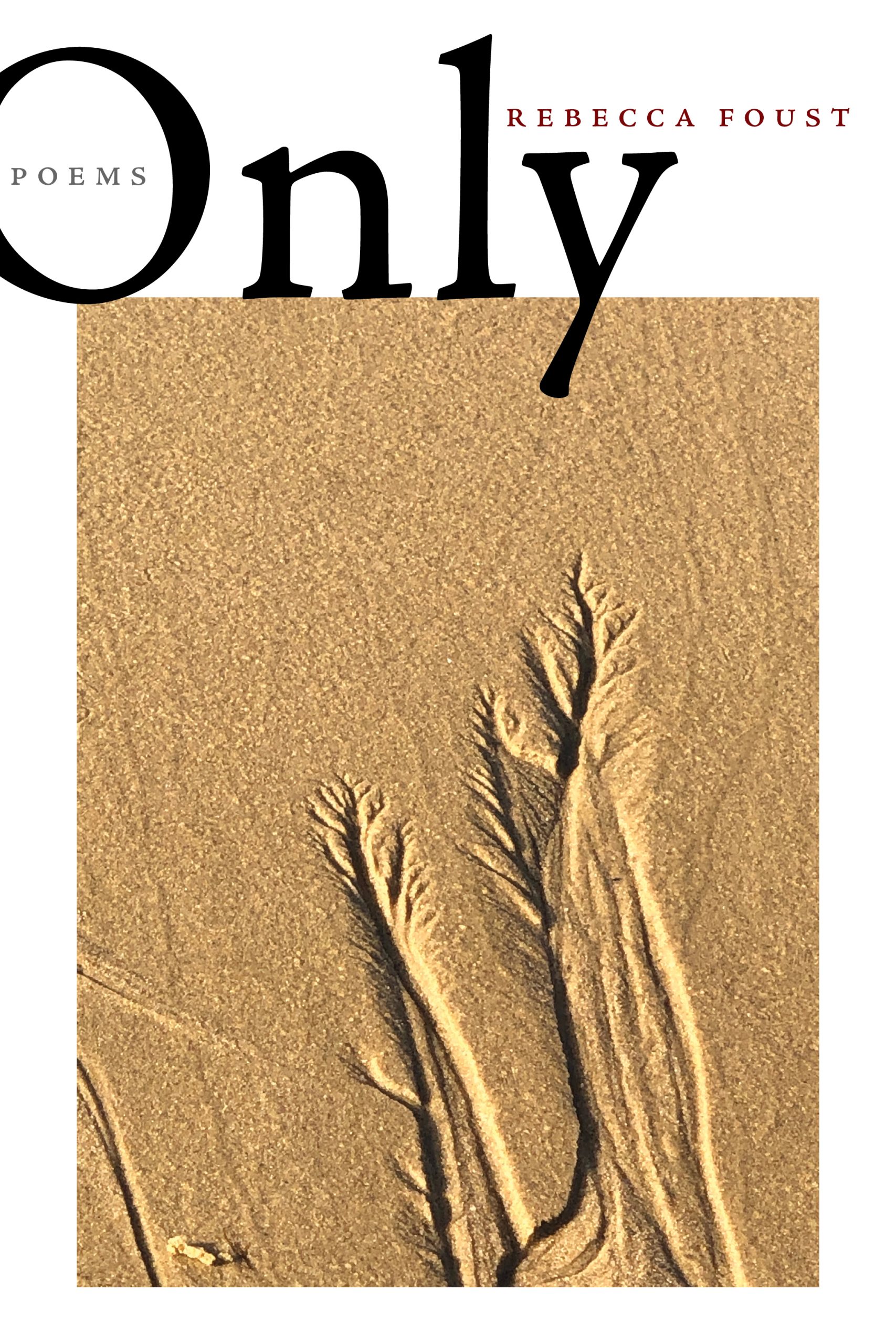
paper • 88 pages • $17.95
ISBN: 978-1-954245-29-7
eISBN: 978-1-954245-36-5
September 2022 • Poetry
Urgent from the outset, Rebecca Foust’s Only insists that the only thing worth writing about is everything. Prompted to confront what she does not know, the speaker lists, “Null. All. What’s after death or before.” This book scales the cliff-face of adulthood, that paradoxical ascent in which the longer we live the less we know of life, in which we find that each of us is only ourselves and yet delicately interconnected with everyone, everything, else. These candid lyrics ponder our broken political systems, family (dys)function and parenting challenges, divergent and intersecting identities, the complexities of sexuality, natural refuge and climate catastrophe, and in general what it means to be human in a world that sometimes feels as if it is approaching apocalypse. At the ledge of this abyss, however, Foust reminds us of the staggering beauty of life, the legacies of survival in the echoes of care that outlast us: “I came / to the canyon rim and saw // how best to carry you: I let the stone go.”
“Only” from Only
O Love this happened or it did not.
In a room with green walls
my son was born. The cord was torn
too soon, so they cut off
his head to save his heart. He lived
for a long time.
For a long time there was no breath or cry.
When finally he spoke,
he spoke the wide, whorled leaves of corn.
He spoke the crickets
in clusters beneath the sheaves, he sang
the soil in. He sang the wind
in the dune and hush of ebb tide. Some say
he died. Some say he died.
In Only, her luminous new collection of poems, Rebecca Foust’s gifts are in full flower. Richly imagistic and achingly lyrical, these poems wrestle with the big questions—religion, immigration, climate change, politics, parenting, autism, and death—all on a deeply intimate level. Like an impressionist painter, she uses light to capture the immediacy of the present, the passage of time. Foust’s most remarkable gift is showing us ‘… the world as it is: gorgeous in its mortal wound.’
Rebecca Foust’s new book, Only, is her most masterful work to date. Here are forty-two poems full of music, precision, and what range—from the haunted thrill ‘through moonlight and smoke’ of skating on a lake at night, to field-stripping an M-16, to sitting with loved ones through births and final illnesses alike. In Foust’s hands the hard work of memory—each fossil, each word and gesture—is sometimes balanced and sometimes in tension with the echoes of what we must lose. ‘I remember all the words,’ she writes in one poem; and in the next, ‘I let the stone go.’ Insoluble, this give and take, and yet the music made from the gifts and griefs of a life is Rebecca Foust’s deepest source both of clarity and of nuance, ‘the language of living, and its aftermath.’